LATVIJA.FM
Latvia’s Haunted Places: Ghost Stories from Around the Country
Latvia’s landscape is laced not only with forests and lakes, but with whispers—of footsteps in abandoned manors, of flickering candlelight in ruined castles, of souls that never left the place they once called home. From the misty courtyards of medieval fortresses to quiet village roads where spectral figures are said to appear at dusk, these stories of the supernatural are deeply rooted in the country’s cultural memory. Blending folklore, historical events, and lingering mysteries, Latvia’s haunted places invite us into a world where the boundary between the past and the present seems fragile, and where silence often speaks the loudest.
Shadows in the Castle Walls: The Spirits of Sigulda and Bauska
Latvia’s medieval castles are more than just stone relics—they are storytellers. Sigulda Castle, perched on the edge of the Gauja River valley, exudes both grandeur and gloom. Local legend tells of a White Lady who appears near the ruins on foggy evenings. Some say she’s the spirit of a noblewoman whose love for a commoner led to tragedy. At Bauska Castle, similar tales swirl—of doors creaking open when no one is near and of echoes that seem to respond in a language lost to time.
These aren't simply spooky campfire stories. Many of these locations have inspired generations of writers and musicians, becoming part of Latvia’s collective imagination. The spiritual residue of war, romance, betrayal, and unfulfilled dreams clings to their stones like moss, blending seamlessly with their documented history.
These aren't simply spooky campfire stories. Many of these locations have inspired generations of writers and musicians, becoming part of Latvia’s collective imagination. The spiritual residue of war, romance, betrayal, and unfulfilled dreams clings to their stones like moss, blending seamlessly with their documented history.
The Manor That Never Sleeps: Tales from Mežotne and Dundaga
Latvia’s countryside is dotted with manor houses, once vibrant centers of estate life. Today, some sit abandoned, while others serve as hotels or museums—yet even those that have found new life are said to harbor old inhabitants.
Mežotne Palace, with its neoclassical elegance, has seen centuries of change, but some visitors report an inexplicable chill in its halls and glimpses of a woman in white who is never found. In Dundaga Manor, one of the best-preserved castles in western Latvia, staff have spoken of lights flickering on their own, locked doors swinging open, and piano music echoing from empty rooms. The manor’s reputation as one of Latvia’s most haunted places has even drawn paranormal investigators.
Mežotne Palace, with its neoclassical elegance, has seen centuries of change, but some visitors report an inexplicable chill in its halls and glimpses of a woman in white who is never found. In Dundaga Manor, one of the best-preserved castles in western Latvia, staff have spoken of lights flickering on their own, locked doors swinging open, and piano music echoing from empty rooms. The manor’s reputation as one of Latvia’s most haunted places has even drawn paranormal investigators.
Roads with a Memory: Haunted Paths of the Countryside
It’s not only buildings that remember. Some of Latvia’s rural roads are known for their unsettling stillness—or for the eerie feeling that one is not walking alone. In Kurzeme, a stretch of forest road between two small towns is believed to be haunted by a carriage drawn by horses with no visible rider. Locals call it the Vanishing Road, for travelers have reported losing time or becoming disoriented after passing through.
In Latgale, an abandoned school sits just off a dirt path that no one dares walk at night. Villagers speak of faint children’s laughter, and of windows that glow from within despite years of disuse. The building may be crumbling, but the stories remain sharp, passed from one generation to the next with equal parts fear and fascination.
In Latgale, an abandoned school sits just off a dirt path that no one dares walk at night. Villagers speak of faint children’s laughter, and of windows that glow from within despite years of disuse. The building may be crumbling, but the stories remain sharp, passed from one generation to the next with equal parts fear and fascination.
Between Folklore and Fear: Why These Stories Endure
Latvia’s haunted sites endure not just because of their mysterious reputations, but because they tap into something deeper. These are places where folklore, trauma, and national memory intersect. During occupations, wars, and periods of repression, Latvians often found that what could not be spoken openly found form in stories—many of them tied to specific locations. A ghost may be just a ghost, or it may represent a lost world, a forbidden love, or a yearning for justice.
Today, these tales continue to evolve. New generations reinterpret them through films, literature, and tourism. Some of these sites have embraced their ghostly reputations, offering candlelit tours and reenactments. Others remain quiet and untouched, their legends spreading only by word of mouth—echoing, just like the footsteps in their corridors.
Today, these tales continue to evolve. New generations reinterpret them through films, literature, and tourism. Some of these sites have embraced their ghostly reputations, offering candlelit tours and reenactments. Others remain quiet and untouched, their legends spreading only by word of mouth—echoing, just like the footsteps in their corridors.
Conclusion
In Latvia, haunted places are more than eerie landmarks—they are portals into the emotional and historical undercurrents of the nation itself. Whether visited in daylight or remembered through stories told by firelight, they speak to the Latvian spirit’s deep connection with the past, with the land, and with the belief that even in silence, history has a voice.
